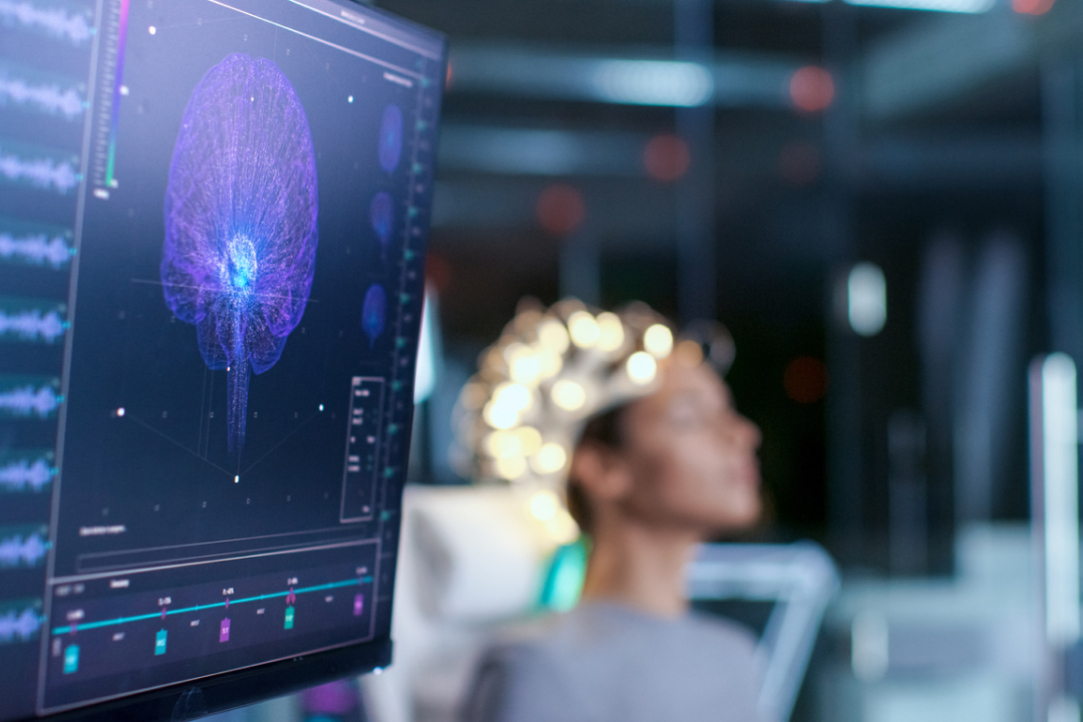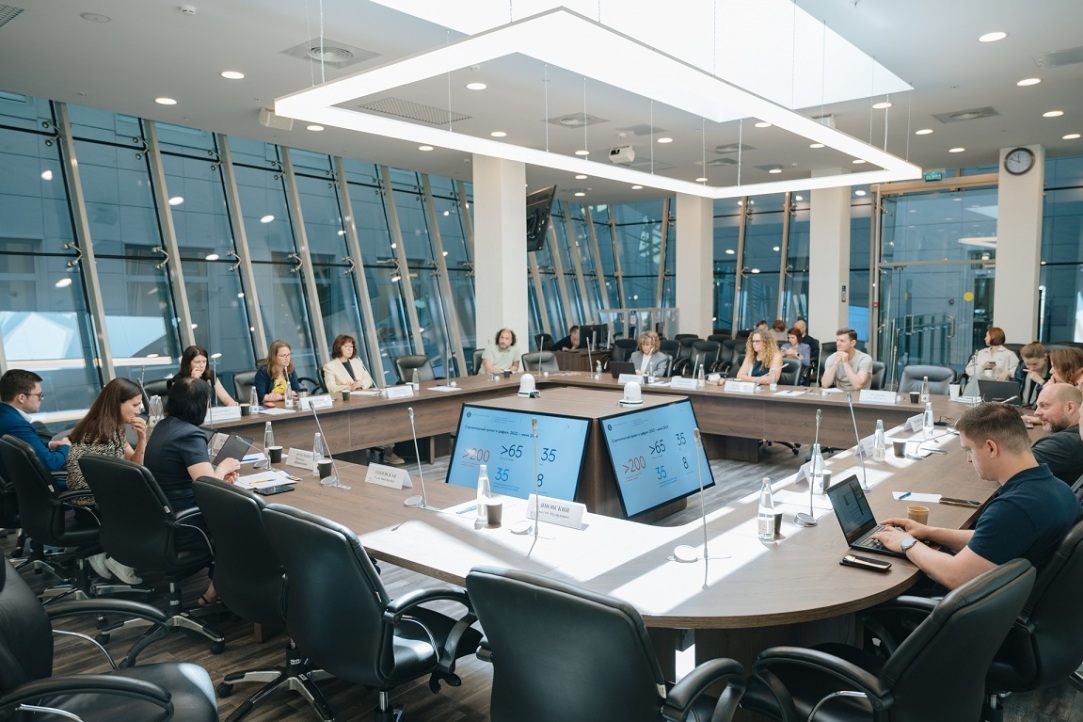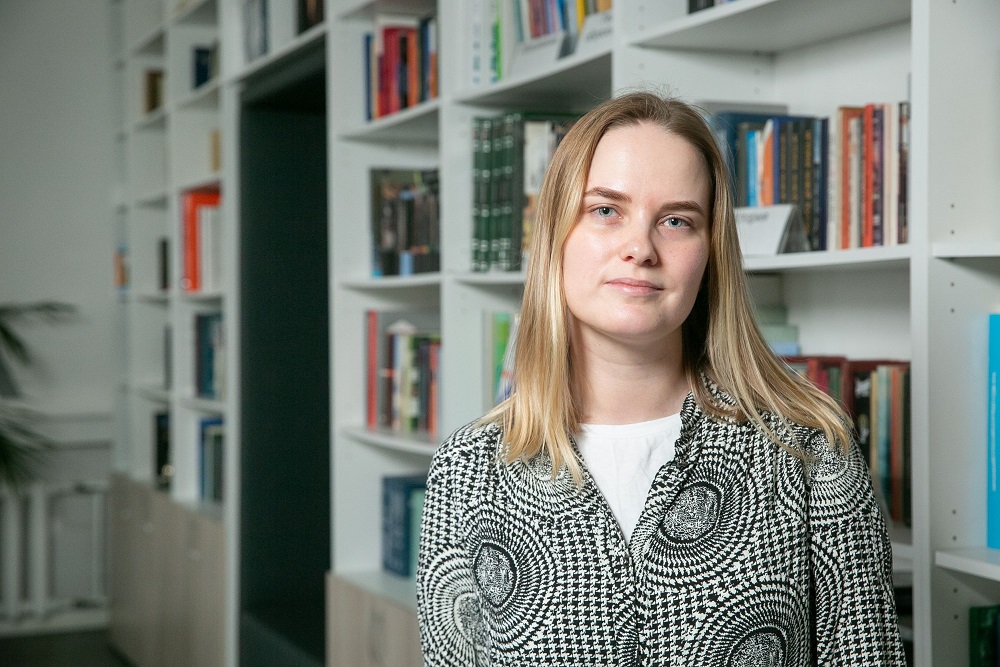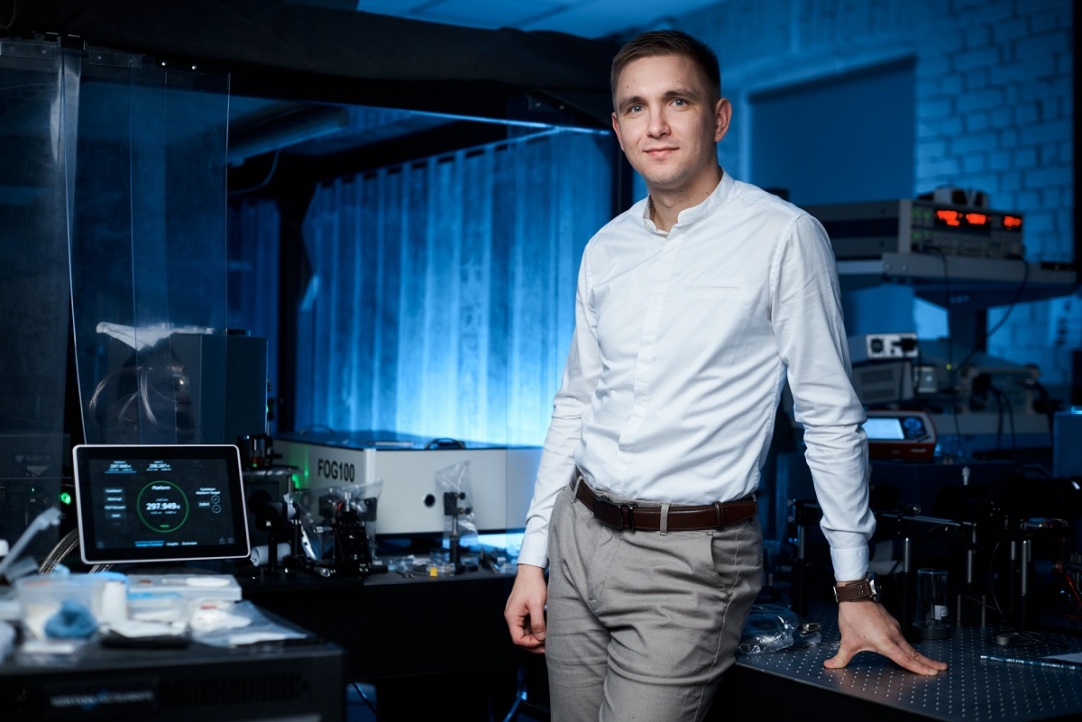
Connecting Space and Time: Bilinguals Associate Time with Space in Both Their First and Second Languages
An international team of researchers including scientists at HSE University investigated how bilingual individuals associate time with space. It turns out that in both their first and second languages, people associate the past with the left side of space and the future with the right. In fact, the higher the proficiency in a second language, the more pronounced this relationship becomes. The study findings have been published in Scientific Reports.

HSE University Participates in Youth Hiking Tourism Development Strategy
HSE University and the project team of ‘Hikes of the First—More than a Trip’ are working on a strategy to promote hiking tourism among young people through 2030. At the HSE University project session, honoured travellers of Russia, trail builders, and representatives from various institutions, such as HSE University and the Ministry of Natural Resources and Environment of Russia, came together to work on proposals. For three years, university experts were designing mechanisms for creating the infrastructure for hiking tourism, taking into account safety standards, eco-friendliness, and professional training for guides.
_08.jpeg)
Choosing the Right Server Results in Better Outcomes in Doubles Tennis
The Roland Garros tennis tournament, one of the most prestigious in the world, began on May 26. The prize money for this year's French Open totals nearly 54 million euros, with athletes competing in both singles and doubles events. In doubles tennis, choosing the right strategy for a match is crucial. Athletes' ability to adapt to the dynamics of the match and strategically choose the server can earn the pair up to 5% more points, according to Nikolai Avkhimovich, doctoral student and research fellow at the Laboratory of Sports Studies of the HSE Faculty of Economic Sciences. A paper with the study findings has been published in Applied Economics.

Meditation Can Cause Increased Tension in the Body
Researchers at the HSE Centre for Bioelectric Interfaces have studied how physiological parameters change in individuals who start practicing meditation. It turns out that when novices learn meditation, they do not experience relaxation but tend towards increased physical tension instead. This may be the reason why many beginners give up on practicing meditation. The study findings have been published in Scientific Reports.

Exploring Research Prospects and Collaboration Opportunities: Discussion of Strategic Projects Held at HSE University
On June 26 and 27, HSE University at Pokrovka hosted a discussion of potential partnerships between the university's research teams and strategic projects under the Priority 2030 programme. During the two-day session, the heads of strategic projects presented the main areas of their ongoing research, highlighted some of the key results achieved, and shared their vision for involving new researchers in the projects.

HSE University Launches Consortium of BRICS Law Schools
The HSE Faculty of Law hosted an online meeting with law schools and expert centres from BRICS countries. The purpose of the event was to join efforts to advance legal science and practice for the benefit of the organization. To this end, at the initiative of the Dean of the Faculty of Law Vadim Vinogradov, a Consortium of BRICS Law Schools was established, comprising representatives of leading higher education institutions from a number of countries.

HSE Scientists Create Imperceptible but Robust Digital Watermark
HSE scientists have developed an algorithm to protect digital images, significantly enhancing the security of multimedia data on the internet. The algorithm embeds watermarks into images; these watermarks are invisible to the human eye and capable of resisting various attacks. The results of the study have been published in Computers and Electrical Engineering.

'You Find Yourself Thinking about Your Research 24/7'
Daria Gracheva, expert at the Institute of Education, turned to science in pursuit of methods to discern between a poorly constructed test and a well-designed one. In this interview with the HSE Young Scientists project, she discusses the '4K test,' which is intended to measure critical thinking and communication skills, shares insights on the model named after Georg Rasch, and explains how setting up an aquarium for a crab can help assess soft skills.

'I've Always Been Keen to Engage in Experiments and Operate Scientific Instruments'
During his early years at university, physicist Ivan Makhov worried that he might be dismissed, but today he is heading a study supported by a grant from the Russian Science Foundation. In this interview with the HSE Young Scientists project, he shares his work experience using a closed-loop cryostat, his dream of conversing with Einstein, and favourite location in his hometown of St Petersburg.

‘We Work to Create a More Prosperous, Fair, and Safe World’
On July 3–4, 2024, the IX BRICS Civil Forum was held in Moscow for the first time since the association was expanded by five new countries in January 2024. Participants emphasised the importance of personal interaction between public figures, civil activists, as well as the work they do to strengthen and enrich friendly relations between BRICS countries, based on mutual respect. The forum was organised by the BRICS Expert Council–Russia, which is established at the HSE University.

